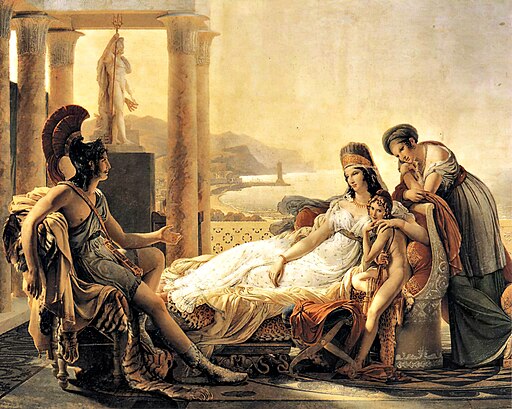". . . All honor, then, to Poetry—the aspiring effort to admire, to develop and to praise, the Beautiful,—the Noble,—the Grand."
I. F. "There are noble minds, who would pronounce much of that extravagant—too double-refined for any application."
C. "And there are ingrained conventional prejudices, which warp the views of the highest natures." --Scenes Beyond the Western Border, June 1852 and Scenes and Adventures in the Army
From Matthew Arnold's Preface to his 1853 Poems:
"A great human action of a thousand years ago is more interesting to it than a smaller human action of today.”
In his copy of Arnold's Poems, bought in New York in April 1862, Herman Melville underlined "more interesting" and commented boldly in the top margin:
More interesting to large poetic natures,
—less interesting to the commonality—
for they are full of themselves.Melville's appreciative comment on "large poetic natures" was reported by Walter E. Bezanson in his 1954 PMLA article Melville's Reading of Arnold's Poetry; now accessible at Melville's Marginalia Online.

Thank you! That one's from 1851 of course. How about this one from the following year--published say two months after "All honor, then, to Poetry":
ReplyDelete"All honor to the names then, and all courtesy to the men; but if St. Albans tell me he is all-honorable and all-eternal, I must still politely refer him to Nell Gwynne." (Pierre, 1852)
http://babel.hathitrust.org/cgi/pt?id=hvd.32044011420494;view=1up;seq=25
Context of each instance is an extended argument. Oh yeah.
Context? Argument, again. What Media allows has been "a very fine argument very finely argued" by Babbalanja.
ReplyDelete